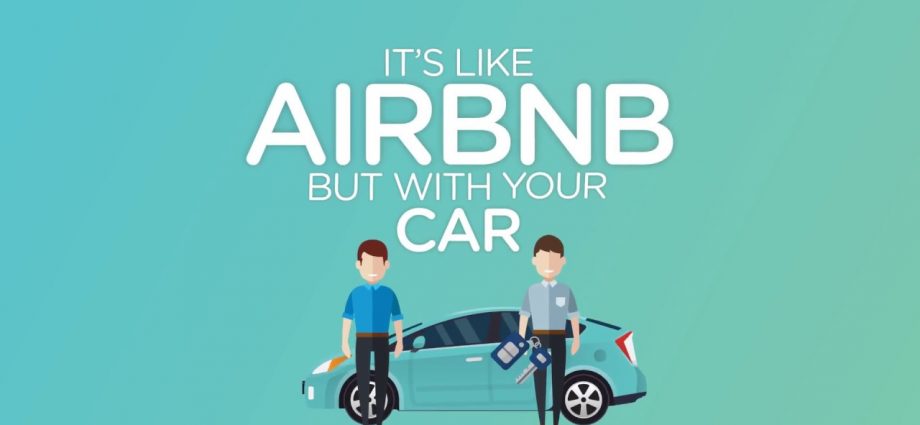For Malaysia, a country in which almost 9 in 10 households owns a car, this usually means that for most of the time a majority of these vehicles will be sitting idly at parking lots or at garages, and in some cases many may not see road use at all for as much as 20 hours a day. Furthermore, unpaid car loans are a main cause of bankruptcy among the country’s youth, which has deterred some millennials from owning a car as a mode of transport. Additionally, affordable and fast on-demand car rental services in the country are also hard to come by. This is where local peer-to-peer (P2P) car sharing startup Kwikcar comes into play with its community-focused car rental service, which connects car owners to car renters through the convenience of its app.
While the concept of car-sharing is still relatively new to the country, enterprising startups like Kwikcar are ensuring that more of the country’s millennials and sustainable-minded individuals are able to participate in the service through the ease of their mobile phones. According to Jared Chan, chief executive officer and co-founder of Kwikcar, the car rental sector in Malaysia is primed for disruption due to its archaic and overpriced structure. Jared also did his due diligence on the viability of a car sharing service in Malaysia as well, and eventually came to the conclusion that the country’s abundance of idle vehicles and mobile youth is a great opportunity for bold entrepreneurs to establish their own mobility service startups. He also noted that a car sharing service like theirs provides a win-win situation for both car owners and car renters: car owners are able to earn extra income through the rental of their cars to help pay off their car loans, while car renters are able to get around without having to worry about shouldering the burden of an expensive car loan.
Another added benefit of a car sharing service is its positive impact on the environment. A Dutch study found that drivers who used car sharing services drove less than they did before using the service. As well, car sharing services also contributed to the reduction in car ownership as it essentially replaced a driver’s second or third car. All these factors have led to a decrease in harmful carbon emissions from motor vehicles, and are a reason why environmentally-conscious millennials are increasingly engaging car rental services.
In terms of car safety and security, the startup makes use of a telematics device that is installed in the vehicles in order to keep track of the car’s movement and location, as well as for collecting data on driver behavior and patterns. Jared Chan says that the collected data is very important for the company as it can determine peak demand times for its car sharing service as well as for analysis of current and future trends. Additionally, all shared cars on its service are covered by insurance as well, which encompasses roadside repairs and round-the-clock roadside assistance.
The peer-to-peer car sharing startup’s innovative and proven business model coupled with Malaysia’s largely untapped market of car owners and riders had attracted the attention of Malaysian startup accelerator ScaleUp Malaysia, which had selected Kwikcar as one of its twenty chosen startups for its first inaugural cohort. The startup began the first round of the three-month long program last December 2019 alongside other promising local startups such as Batik Boutique, GOLOG, Truck Trader, Wowintro and Whimsigirl. At the conclusion of the first round in 2020, Kwikcar will have a chance to be chosen by ScaleUp Malaysia as one of ten startups for receiving investment money and further mentoring and coaching.
Jared Chan believes that car sharing services will still be going strong even with the rise of self-driving cars, though he does foresee that the current business model will need to adapt. As the country’s environmentally-conscious millennials and young professionals seek out more affordable mobility options, the peer-to-peer car sharing startup Kwikcar will be among the first to answer that call.

